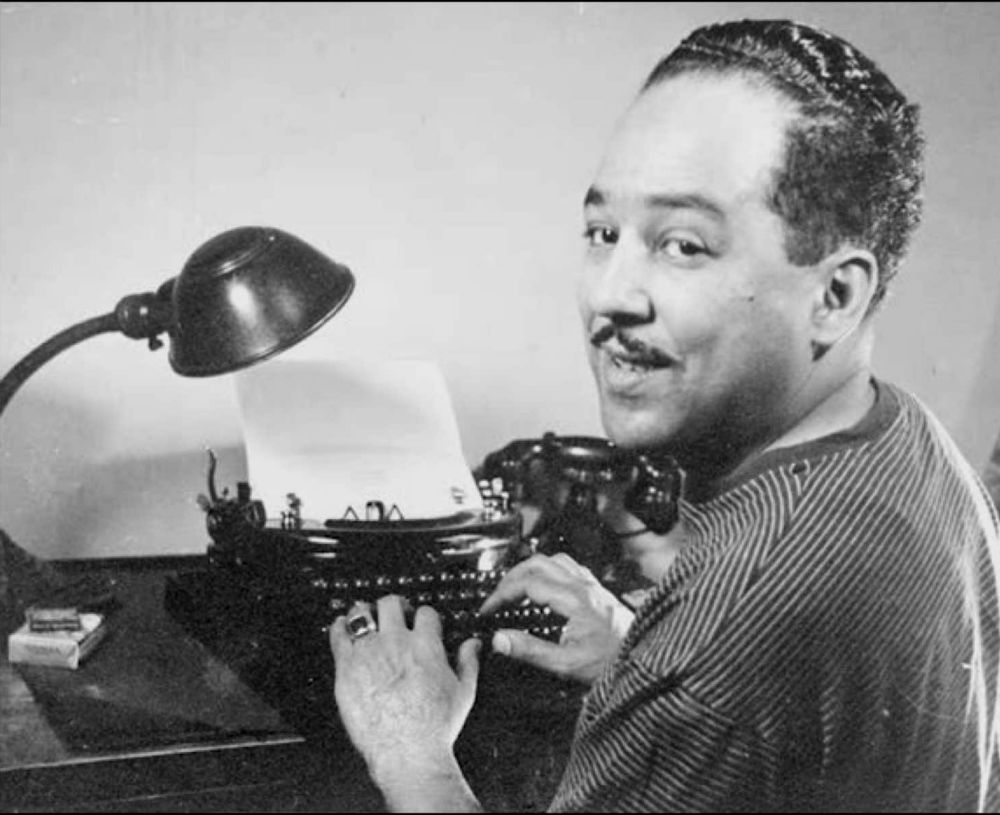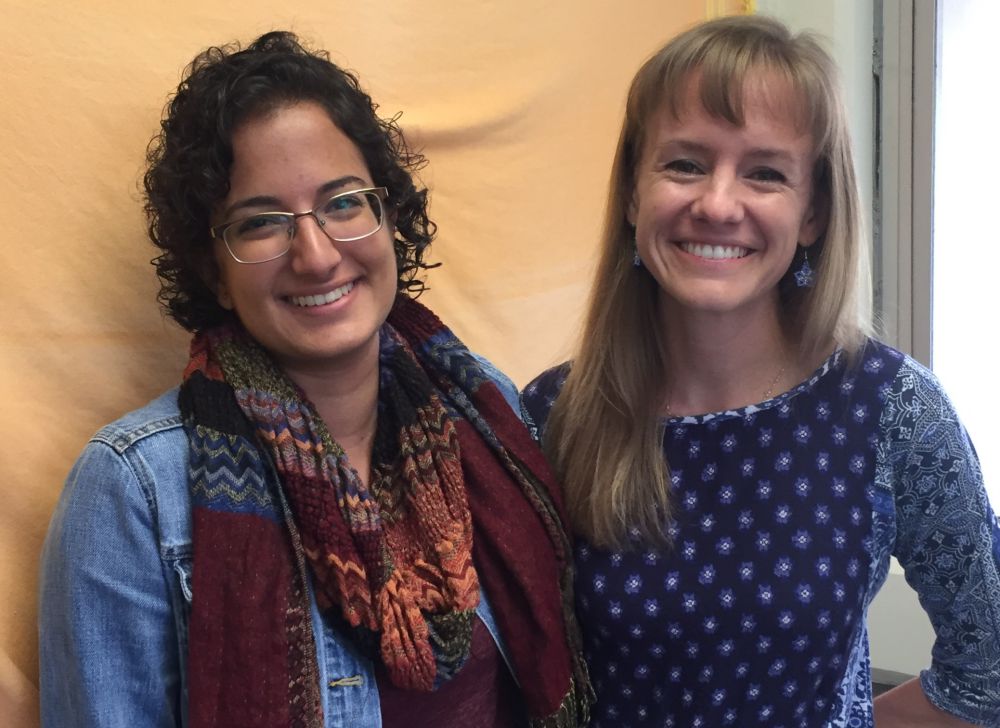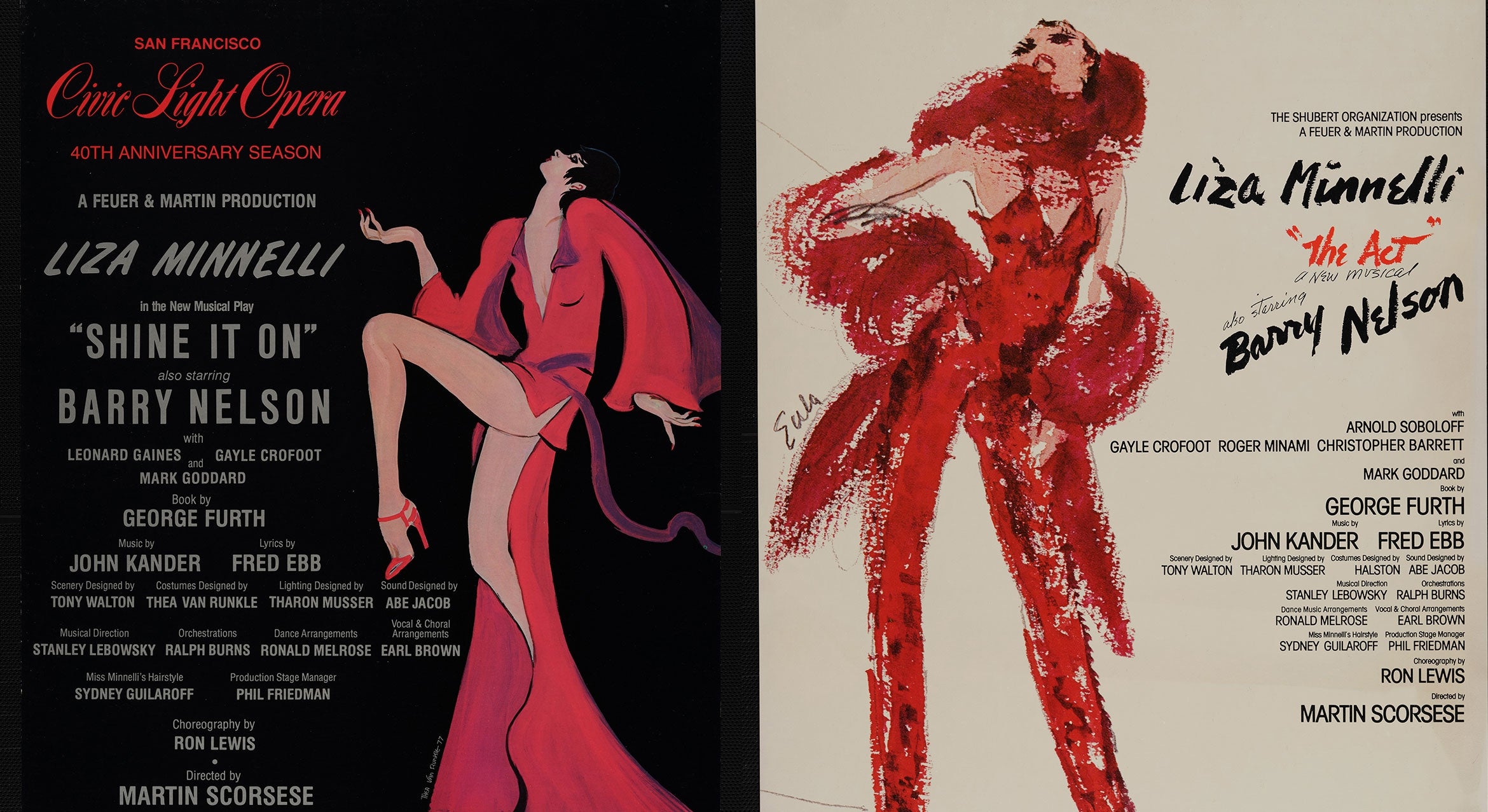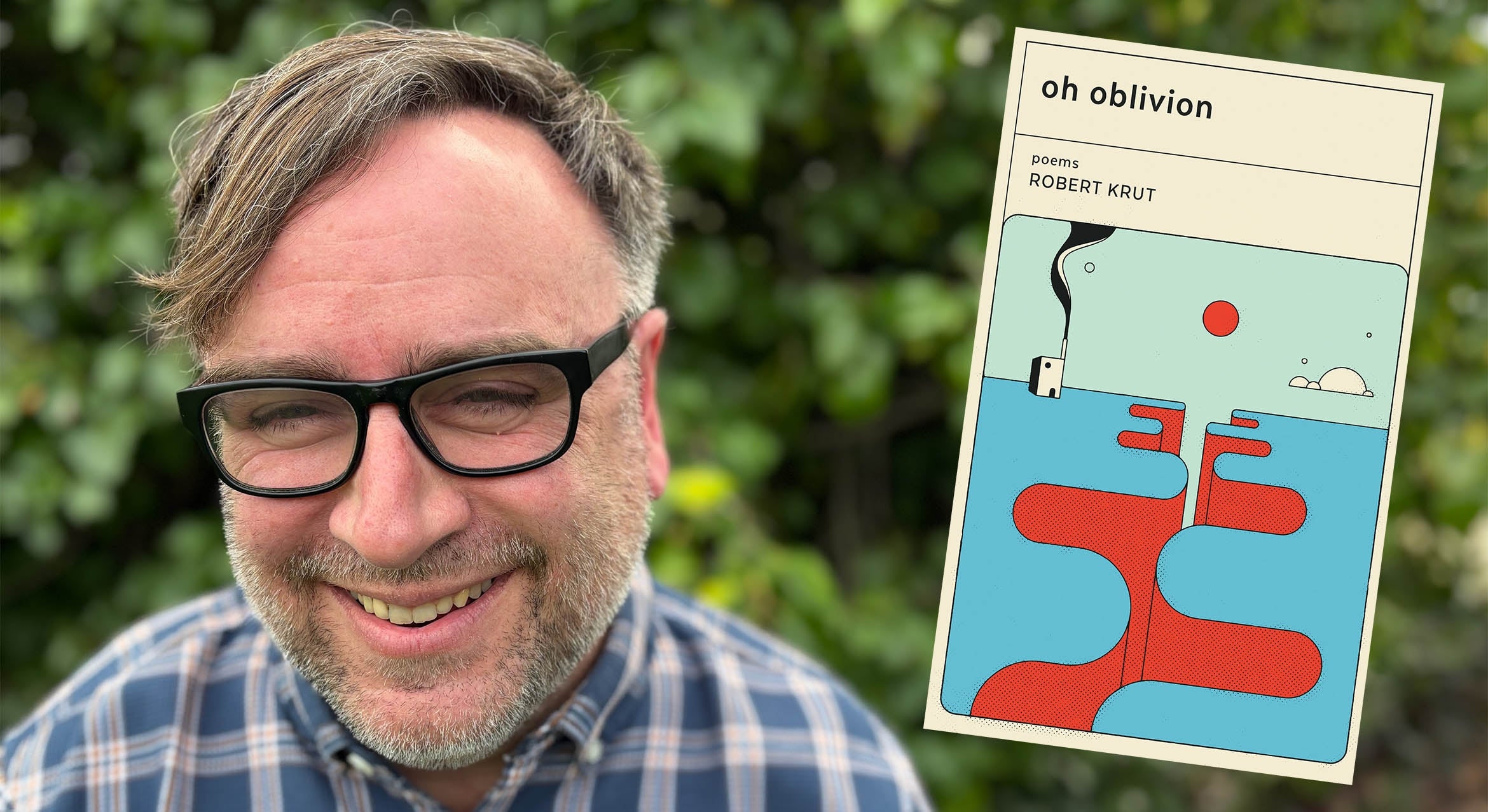
The Art of Conversation

Long before “make America great again” became a campaign slogan, the poet Langston Hughes penned “Let America Be America Again.” Angry and defiant, it’s an African American’s demand that the country fulfill its promise of freedom and equality for “The millions who have nothing for our pay — Except the dream that’s almost dead today.”
Written in 1935, the poem for many resonates anew in today’s political climate, which is how it became the centerpiece of community art project led by UC Santa Barbara’s Department of English. The #LitCares “Let America Be America Again” South Hall Art Project has created in the campus’s South Hall, Room 2623 (Sankey Room). Each of seven canvas panels is painted with an illustration that represents one-seventh of the poem.
“This exciting initiative is powered by our enthusiastic and committed graduate students and undergraduates,” said Enda Duffy, professor and chair of the English department. “It is part of our ‘maker culture,’ in which students do not confine themselves to reading the art of others, but go on to make it themselves. This project gets all participants to reflect deeply on the power that art can have to comment on and transform society.”
#LitCares began as a way to build a collaborative, creative space for students and faculty that would result in a meaningful art project, said Nicole Dib, who organized it with fellow English Ph.D. candidate Corinne Bancroft. The project followed the department’s Critical Pedagogy Initiative, which fosters conversations about social justice and the role of literature today, among other topics. (More information about the initiative can be found on its website, which will feature a post on the art project after its completion. Bancroft and Dib will also be presenting on the initiative’s findings on pedagogy, community and public education at the 2018 MLA conference.)
“The #LitCares art project has built on this conversation and will be a way to mark our department’s halls as inclusive, welcoming and appreciative of aesthetics and literary expression,” Dib said.
The decision to use Hughes’ poem was easy, Dib said, “not only because of his unquestioned status in the American canon, but also because his poetry continues to articulate the anxieties and aspirations of the people of the United States. His poem is not only an aesthetic innovation, but also a still-relevant critique and plea for this community that we share.”
Dib and Bancroft kicked off the project with a pair of planning meetings. The first, on April 21, included a close reading of “Let America Be America Again” and a discussion of how a series of panels could express the group’s interpretation of the poem.
“We had to consider how the panels would flow together,” Dib explained, “whether we wanted the art to be abstract or more mimetic representations of the poem’s words, how to include and incorporate people (real or fictional) and how to organize the panels so that they make sense to people walking down the section of South Hall where they will be hung. At the second meeting, we shared our sketches and ideas with each other and finalized our design goals.”
The completed mural will be on display across the hallway from another set of panels with words of the poem written on them. The panels will hang between rooms 2722 and 2701.
“Our hope for the project is that it serves as a community building experience for our department,” Dib said, “that it results in a series of illustrative panels that will both beautify our hallways and inspire passersby to pause and consider Hughes’ words and our analysis behind them, and that it serves as the first of future projects that brings together people in and out of our department.”
#LitCares is sponsored by the English department’s Literature of the Mind research center, the American Cultures and Global Contexts Center, Hemispheric South/s Research Initiative and the chair of the department.



